Tincture of fresh, grounded rosehips in alcohol
Preparation time10 min
Waiting time21 days
Ready in21 days 10 m
Remedy against inflammatory and bacterial processes with tonic, immunizing, cardio and protective vessel effect!
Rosehip tincture (rosehip extract in alcohol) fights inflammatory and bacterial processes, supports the cardiovascular system, peripheral circulatory system, digestive system, respiratory system, supports the urogenital system, osteo-articular system and is an adjunct in metabolic diseases and endocrine.
Servings: 466 servings
Results ~ 700ml of rosehip tincture, ie ~ 466 servings, one serving being ~ 1.5ml (30 drops)
Ingredients
Estimated cost: 11.0 €
Materials
- - glass containers
- - blender
Preparation
 Wash the fresh rosehips well in 2-3 waters, then let them dry on a paper towel, on a flat tray ~ 15 minutes.
Wash the fresh rosehips well in 2-3 waters, then let them dry on a paper towel, on a flat tray ~ 15 minutes. Crush / grind the rosehips with a blender, but not very finely.
Crush / grind the rosehips with a blender, but not very finely. Add the crushed / crushed rosehips in a jar.
Add the crushed / crushed rosehips in a jar. Pour the alcohol over the chopped rosehips. An alcohol concentration (strength) as high as 60 - 90º is preferred. Can be used: brandy, vodka.
Pour the alcohol over the chopped rosehips. An alcohol concentration (strength) as high as 60 - 90º is preferred. Can be used: brandy, vodka. Close the airtight jar and leave to soak for at least 3 weeks in places away from light and air. During maceration, it is recommended to shake the jar at least once a day.
Close the airtight jar and leave to soak for at least 3 weeks in places away from light and air. During maceration, it is recommended to shake the jar at least once a day. After maceration, we filter the mixture with a gauze or a sieve. We take care to squeeze the rosehip pulp well, so as to obtain as much concentrated tincture as possible.
After maceration, we filter the mixture with a gauze or a sieve. We take care to squeeze the rosehip pulp well, so as to obtain as much concentrated tincture as possible.
→ I personally, having nothing to do with the resulting pulp, threw it away. But if you produce alcohol, you can use it for tescovina or it can be used as a soil fertilizer.
→ For a complete clarification of the tincture we will follow step 7 (second filtration by cold settling).
→ The tincture obtained will be kept in glass containers, preferably dark in color, as small as possible and possibly dripping.
→ Consumption is recommended within 2 years of preparation. Optional: for a maximum clarification of the tincture, you can use this step: after the first filtration we put the tincture in a bottle in the refrigerator for 3-7 days, without shaking it. Although filtered, we will notice on the bottom of the bottle a decantation of the particles from the rosehip pulp. Basically we will gently pour, without shaking, the clear part into another bottle.
Optional: for a maximum clarification of the tincture, you can use this step: after the first filtration we put the tincture in a bottle in the refrigerator for 3-7 days, without shaking it. Although filtered, we will notice on the bottom of the bottle a decantation of the particles from the rosehip pulp. Basically we will gently pour, without shaking, the clear part into another bottle.
Administration
→ It is recommended to shake the tincture before use, especially if deposits are observed during storage.
→ Internally, 30 drops (~ 1.5 ml) are recommended 3 times a day, diluted in a little boiled and cooled water (~ 50 ml), 30 minutes before meals.
⚠ Cures of up to 2 weeks with 2-week breaks are recommended.
⚠ Being an alcoholic solution of high concentration / strength, rosehip tincture will not be consumed as such, but only diluted or in composition with other foods that will cut them from strength:
→ Internally, 30 drops (~ 1.5 ml) are recommended 3 times a day, diluted in a little boiled and cooled water (~ 50 ml), 30 minutes before meals.
⚠ Cures of up to 2 weeks with 2-week breaks are recommended.
⚠ Being an alcoholic solution of high concentration / strength, rosehip tincture will not be consumed as such, but only diluted or in composition with other foods that will cut them from strength:
- diluted in distilled water (boiled and cooled water: ~ 50 ml);
- diluted in lukewarm teas;
- mixed in a teaspoon of honey;
- on a piece of dry bread;
- on a sugar cube;
Observations
The minimum ratio of fruit to alcohol for the preparation of the tincture is 20% fruit and 80% alcohol.
In this recipe, I used equal percentages of 50% rosehip and 50% alcohol.
Storage and validity: like any other tincture, the validity of the rosehip tincture is 2 years from the date of preparation. It is recommended to store in glass bottles, as small as possible, dark in color, possibly with a drip. It is recommended to store in places away from light, airy and cool.
Composition of rosehip tincture in alcohol
In this recipe, I used equal percentages of 50% rosehip and 50% alcohol.
Storage and validity: like any other tincture, the validity of the rosehip tincture is 2 years from the date of preparation. It is recommended to store in glass bottles, as small as possible, dark in color, possibly with a drip. It is recommended to store in places away from light, airy and cool.
Composition of rosehip tincture in alcohol
- beta carotene
- minerals
- vitamin K
- organic acids
- tocopherol
- tannins
- riboflavin
- thiamin
- flavonoids
- folic acid
- iron
- manganese
- magnesium
- potassium
- copper
- zinc
- calcium
- phosphorus
Effects and benefits
Supports the cardiovascular system:
- improves heart function;
- strengthens the heart muscle;
- strengthens blood vessels
- increases the elasticity of the vascular walls;
- improves blood circulation;
- regulates blood pressure;
- lowers cholesterol;
- good in heart failure;
- fights myocardial infarction;
- good in cardiac neurosis;
- good in angina pectoris;
- prevention of atherosclerosis;
Supports peripheral circulatory system:
- good for varicose veins;
- good for phlebitis;
- good for hemorrhoids;
- strengthens the capillaries;
- reduces capillary permeability and fragility (vitamins B1, B2, B3, B4 and B9);
Supports the respiratory system, fights colds and flu:
- increases resistance to viral diseases: viruses, colds, flu, colds;
- adjuvant in tonsillitis, rhinitis, pharyngitis, laryngitis, tracheitis, bronchitis, asthma;
- adjuvant in pneumonia;
- adjuvant in sinusitis;
- adjuvant in rhinolaryngitis;
- promotes rapid recovery from viral infections;
Supports the digestive system:
- calms the bloating;
- soothing in spastic states of the digestive tract;
- fights diarrhea;
- supports the functioning of the gastrointestinal tract;
- reduces stomach acidity;
- accelerates the flow of bile and can prevent cholecystitis;
Metabolic and endocrine disorders:
- adjuvant in diabetes;
- good in thyroid disorders;
- good in adrenal insufficiency;
Supports the urogenital tract:
- helps to reduce inflammation of the urinary tract (cystitis, skin);
- improves the condition in case of gynecological diseases;
- has a beneficial effect on the activity of the reproductive system in women and men;
Supports the osteo-articular apparatus:
- osteoarthritis, spondylosis, hip osteoarthritis;
- has an anti-inflammatory effect, being good against joint and gout diseases;
- protects the articular cartilage due to the lipids contained;
General:
- strengthens immunity;
- good tonic, energizing, fights fatigue;
- mineralizing / vitaminizing;
- has a sedative effect;
- fights inflammatory and bacterial processes;
- protects against hematological diseases / anemia;
- good appetite or lack of appetite;
- good for skin diseases (dermatological);
- good in allergic diseases - hives, pruritus, erythema;
- improves brain activity;
- good in oncological diseases;
Contraindications
- contraindicated in severe liver disease;
- contraindicated for those with thrombosis and thrombophlebitis;
- contraindicated for those with renal impairment;
- contraindicated for those with hypertension;
- contraindicated during pregnancy and lactation;
- contraindicated for those suffering from alcoholism;
- contraindicated for those allergic to the ingredients used;
- contraindicated for those with sensitive tooth enamel;
Another information
→ Rosehips are an excellent source of natural vitamin C (ascorbic acid), with some species having a vitamin C content of up to 8%.
→ In the pulp of rosehips we also find pectins, tannins, sugars, organic acids and mineral salts, essential oils, catechins and flavonoids, carotenoids and beta-carotene (precursor of vitamin A, hence the red color of the fruit).
→ They are high in B-set vitamins (B1, B2, B3 / PP, B4 and B9), vitamin A, E and together with vitamin C reduce capillary permeability and fragility. They also contain vitamin K and nicotinic acid.
→ In the pulp of rosehips we also find pectins, tannins, sugars, organic acids and mineral salts, essential oils, catechins and flavonoids, carotenoids and beta-carotene (precursor of vitamin A, hence the red color of the fruit).
→ They are high in B-set vitamins (B1, B2, B3 / PP, B4 and B9), vitamin A, E and together with vitamin C reduce capillary permeability and fragility. They also contain vitamin K and nicotinic acid.
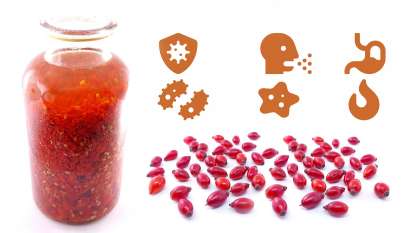
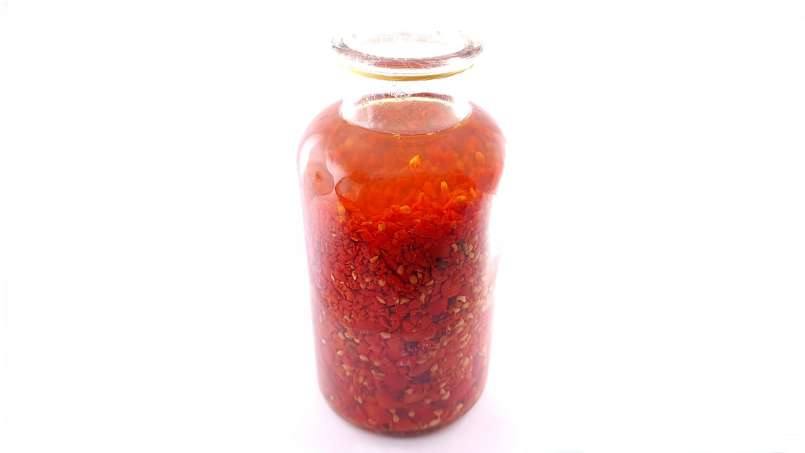
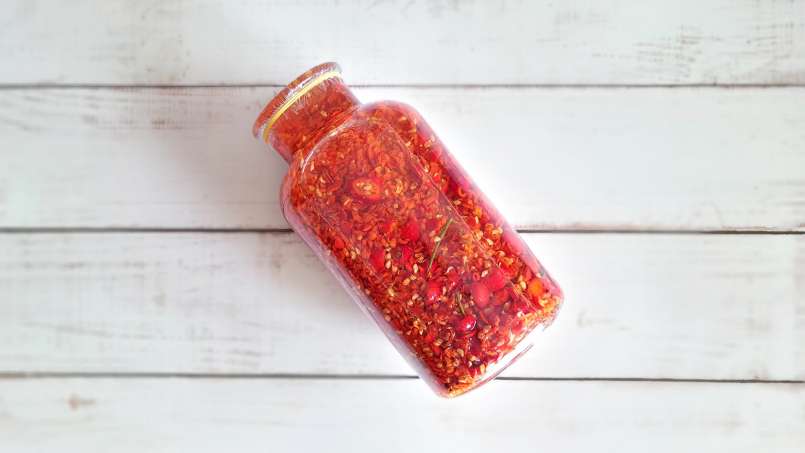
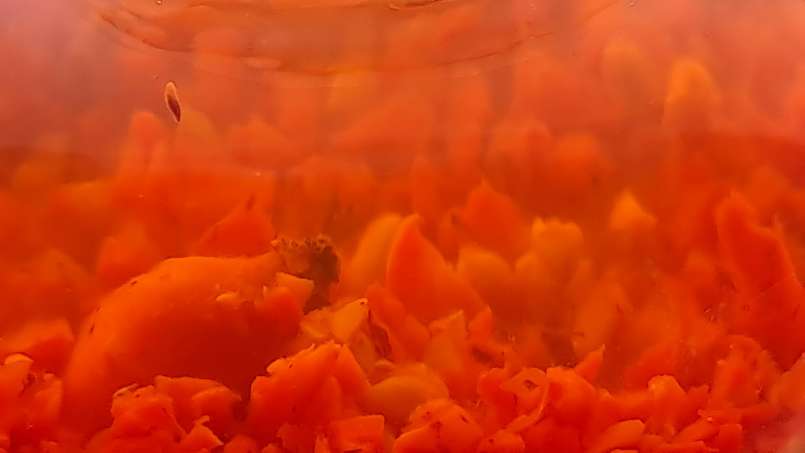
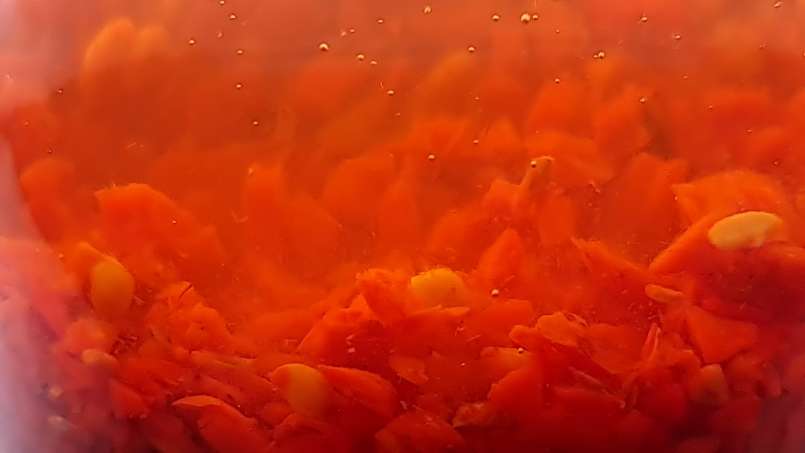
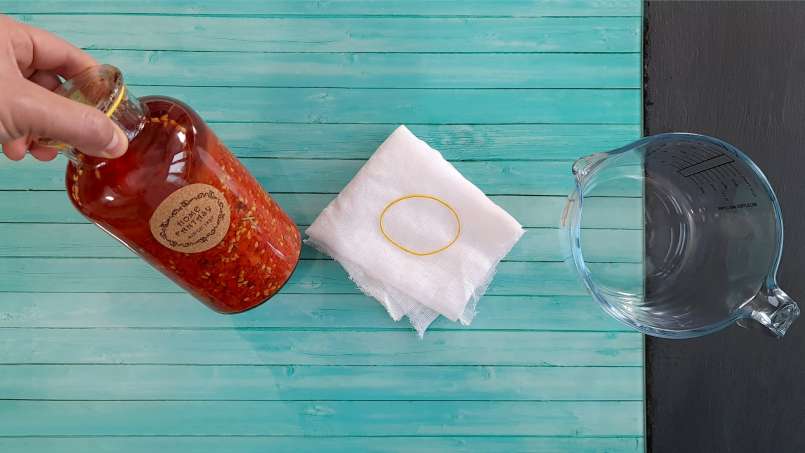
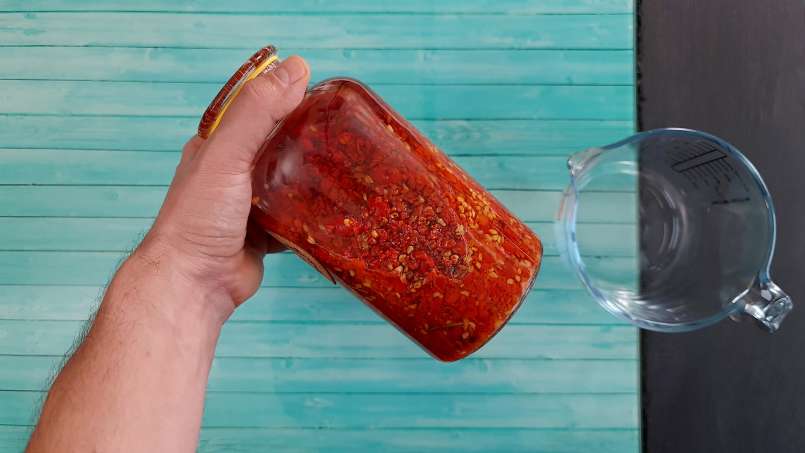

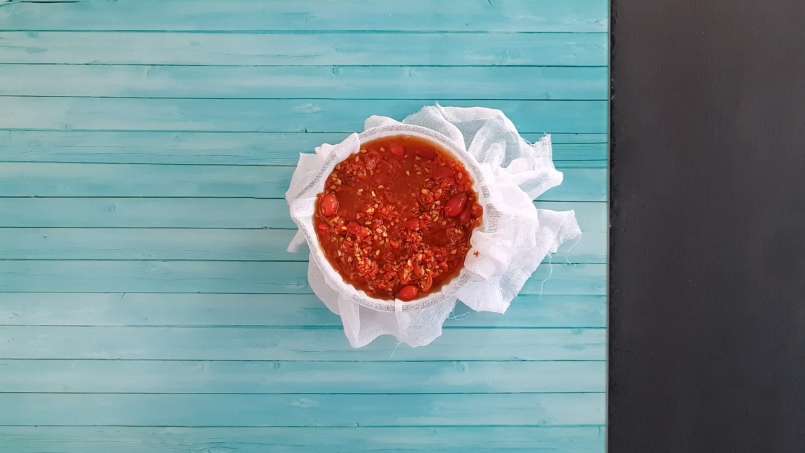

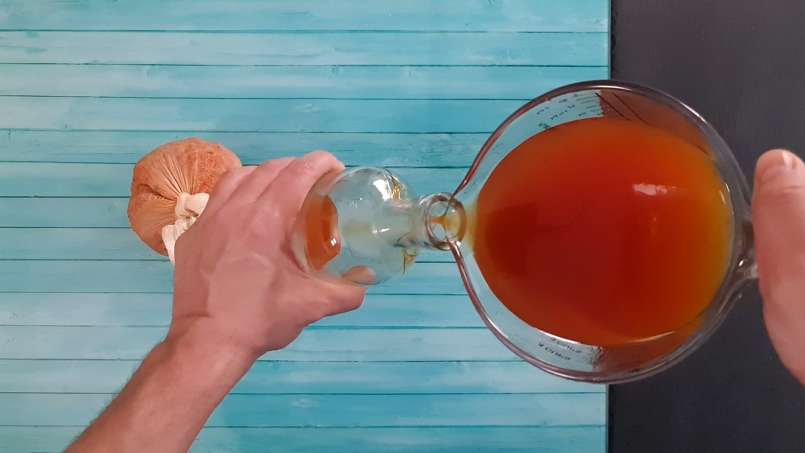
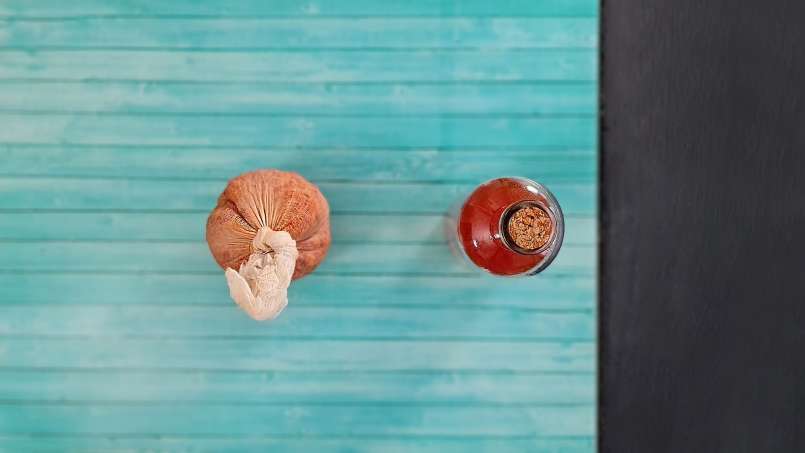
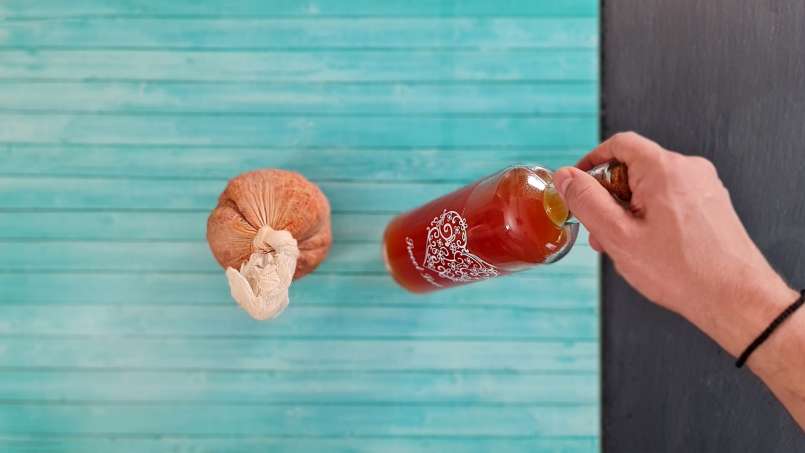

Comments